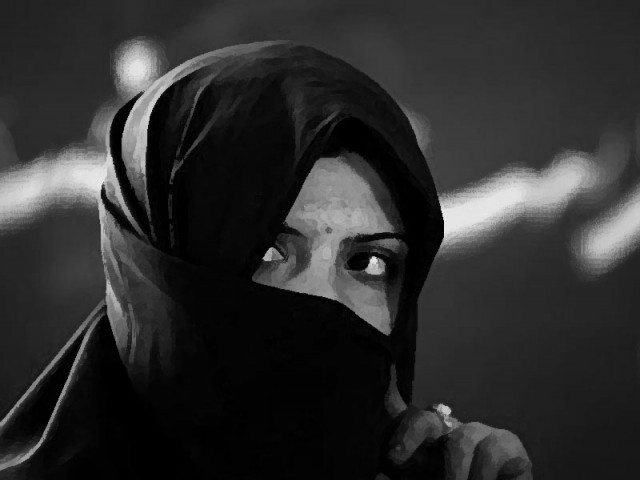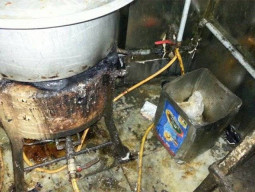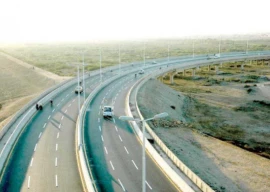
There are a myriad of laws providing protection and rights to women in Sindh. There is the Domestic Violence (Prevention and Protection) Act 2013, the Sindh Child Marriages Restraint Act 2013, Sindh Commission on the Status of Women Act 2015, Protection against Harassment of Women at Workplace Act 2010, Criminal Law (Third Amendment) Act 2011 and then some.
Yet, the cases of violence against women are on the rise, which raises question on the implementation of these laws.
According to an official of the Sindh Women Development Department, more the 1,500 cases of violence against women were reported to the department during the past year.
Besides, statistics available at the Sindh Police’s website show that 126 cases of karo kari were reported in Sindh during 2020 against 113 reported in 2019, and 334 cases of rape were reported during the previous year which was 39 more than those reported in 2019.
So, there is crime and there are laws to curb the crime. Why then, does gender-based violence and crime persist?
In this regard, the women development department official implied negligence in executing plans and implementing the laws.
Also read: When law fails, listening helps
“The Sindh government had to set up women protection cells in 15 districts of Sindh, but no cell was established anywhere except Karachi,” he told The Express Tribune, adding that neither was there a proper functional helpline for women to register complaints.
This was reiterated by women’s rights activist Nazish Ahmed, who lamented that when one called the 1094 helpline, launched for receiving complaints of gender-based violence, a recording asking them to call with a landline phone played in response.
She further said that the government was also supposed to appoint a woman protection officer, a psychologist and a legal expert. These were to be deployed at women protection cells in every district, but no steps have been taken in that regard.
Moreover, the women development department official pointed to delays in the finalisation of the rules of the Sindh Commission on the Status of Women Act, which was passed in 2015.
In this regard, women’s rights activist Raheema Panhwar said, “The actual scope of the commission’s work has not been defined to date.”
Expressing concern over the apparent lack of government will and interest in dealing with cases of sexual violence and harassment, she referred to a video, that recently surfaced, of a teenage girl who was harassed by her teacher.
“The girl committed suicide,” said Panhwar, letting the horror of what the girl went through sink in.
She then pointed out that women weren’t aware of laws that provided them protection and justice.
“Then how will they lodge complaints?” she said, emphasising the need to raise awareness about laws among women.
Then there is the menace of badla-e-sulah, wani, swara, forced marriages, marriage with Quran and not giving women their share in property.
The Criminal Law (Third Amendment) Act, 2011 which was passed by Parliament in 2011 and assented by the then president on December 16 the same year, criminalised these practices.
Under the law, all the above listed practices were declared non-compoundable and non-bailable offences.
Also read: Call for implementing pro-women legislation
However, the practice continues in rural areas of Sindh, with instances of women being handed over to rivals to settle disputes and end hostilities between two tribes, forced marriages, wani and other such criminal practices being reported in rural areas.
According to human rights activist Paryal Mari, badla-e-sulah in particular is rampant in areas of Shikarpur, Kashmore-Kandhkot, Jacobabad and other districts of upper Sindh.
Sindh Women Development Minister Shehla Raza, on the other hand, maintains that her department works “day and night” to facilitate and protect women.
Stating that Sindh took the lead in legislating laws for women’s rights and protection, she acknowledged that there were issues in the province too, but was quick to assure that they would be resolved.
She said her department had been receiving complaints on the helpline for gender-based and tried to redress them.
Besides, she added, “We have also initiated a campaign to mobilise SHOs and investigation officers with regards to laws related to women’s protection.”
Published in The Express Tribune, March 8th, 2021.

















COMMENTS
Comments are moderated and generally will be posted if they are on-topic and not abusive.
For more information, please see our Comments FAQ